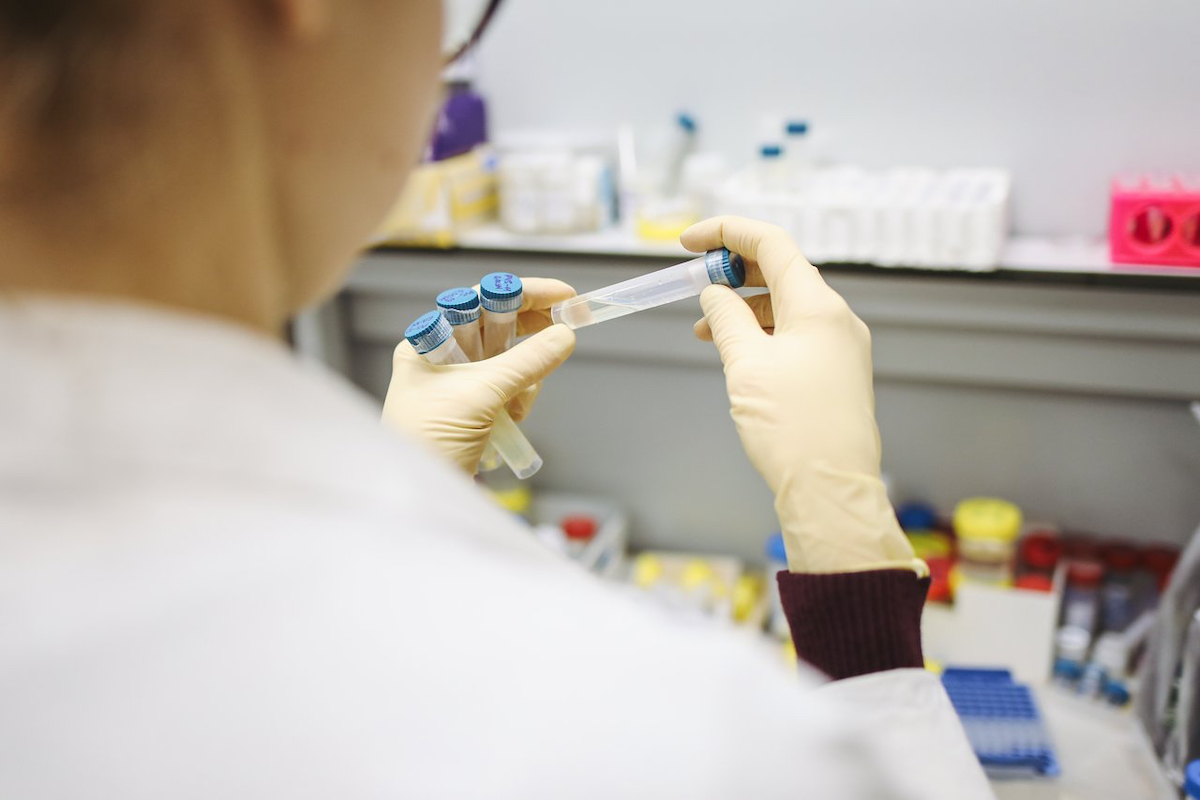Even as Philly-based companies have been rethinking their office plans in the last year and a half due to the pandemic, one industry has been going strong — and even growing throughout 2020 and 2021.
Philadelphia’s life sciences industry is showing no signs of slowing down any time soon. Real estate firm CBRE showed that Philly rose to seventh in the country for life sciences clusters last year, and of Philly’s impressive venture capital dollars in the last year and a half, many of those big raises went to life sciences firms.
This week, professional services firm JLL released its 2021 Life Sciences Real Estate Outlook, and the trend continues. In Philadelphia, companies in the life sciences commercial real estate market have collectively attracted more than $1 billion in VC funding in just the first half of 2021, making it the second-largest VC year to date, and the city will likely blow past its 2019 record. Researchers in the region have also been awarded nearly $700 million in NIH funding so far, and JLL predicts that within five years, Philadelphia will see more than $10 billion in life sciences funding every year.
The Philly region is now home to more than 50 different life sciences firms — ranging from local startups to mature multi-market corporations. In 2020, Philadelphia was home to 19,060 life science professionals, more than cities like Houston, San Diego, Denver and Seattle. And those companies are now operating in more than 3.2 million square feet of space across the region, the report shows.
The report also showed that life sciences lab space is outperforming office space, averaging 63% rent growth over the past five years. The space itself is more unique than most standard buildings, because it calls for 16-foot-minimum ceilings, increased floor loads, intricate plumbing, utility space and power.
“With long-term employment increases, industry and demographic shifts, record funding, tight vacancies, and rising rents, all signs indicate a potentially undersupplied commercial lab market,” the report said.
Roughly 21.6 million square feet of lab space was under construction in the U.S. as of Q2 2021, with just under 1 million square feet in Philadelphia.
Technological advances are to thank for some of these specific needs, the report says. The evolution of the life sciences industry and the rise of current drug discovery and development have driven specific infrastructure and real estate needs. Drugs in development today are more likely to be “living,” the result of bio-engineered or modified proteins, antibodies, or other large molecules targeted to specific mechanisms of action in the human body.
So, the needs and growth of a region’s life science industry will change as the science itself does.
“Technology-enabled changes in the life sciences industry will drive more activity outside of specialized wet lab space in the future, as digital adoption drives productivity and enables new ways to conduct research,” the report summarizes. “Markets that have the right mix of industry fundamentals will be better positioned to capture this growth.”
Check out the full report






